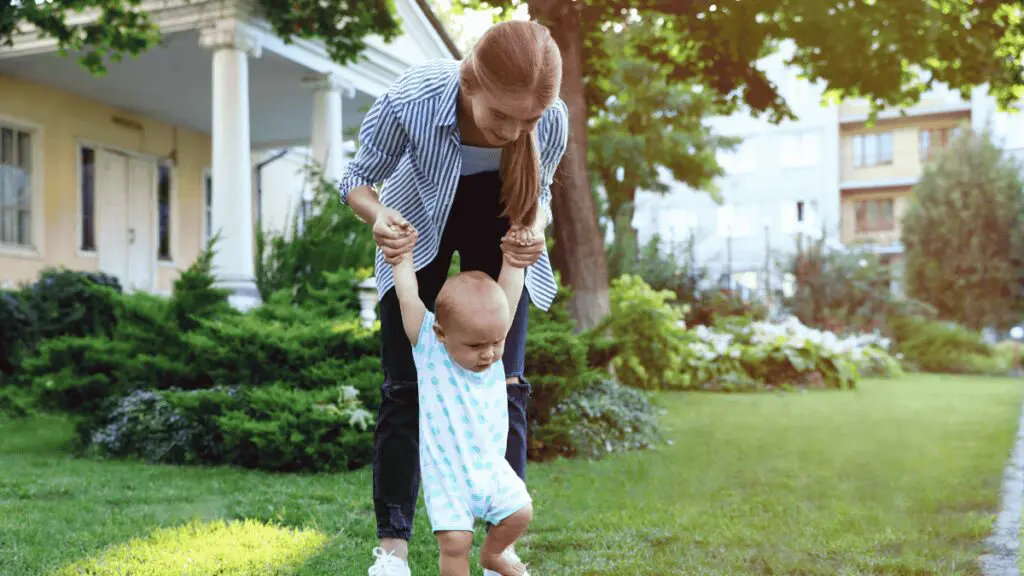Understanding what an au pair is can open doors to a unique cultural experience for both the au pair and the host family. The term au pair refers to a young person, usually between 18 and 30, who lives with a host family abroad to provide childcare and light housework in exchange for room, board, and cultural immersion. Knowing the au pair meaning is essential if you’re considering either becoming an au pair or hosting one. This guide will explain everything you need to know about an au pair and the au pair meaning in 2025. We will explore what defines an au pair, the benefits, legal requirements, and preparation needed for a successful experience. The keyword au pair appears multiple times because understanding its full context helps clarify the au pair meaning. The au pair meaning involves more than just childcare; it symbolizes a cultural exchange where both the host family and the au pair learn from each other. Families searching for an au pair often look for qualities such as reliability, adaptability, and cultural enthusiasm. Meanwhile, au pairs want to understand the au pair meaning as it relates to their responsibilities and benefits in the host country. The au pair role blends work and cultural exchange, making the au pair meaning multifaceted and dynamic.
Auost Provides Valuable Support to Both Families and Au Pairs
Auost is a platform that offers valuable support to both families and au pairs by providing helpful search tips, legal requirements, and information for a successful cultural exchange. Through Auost, families can find the perfect au pair match that fits their needs while au pairs can understand the au pair meaning and expectations before committing. The service offers advice on how to navigate the complex legal landscape surrounding the au pair program and explains how to prepare for living with a host family. Whether you’re a family or an au pair, Auost makes the journey easier by sharing best practices and offering resources on everything from cultural adjustment to visa application processes.
What Are the Requirements for an Au Pair Visa in the USA?
If you’re wondering about the requirements for an au pair visa in the USA, it’s important to understand that the au pair meaning extends beyond just childcare. The USA has specific visa requirements to ensure that au pairs can legally live and work while participating in a cultural exchange program. Typically, an au pair must be between 18 and 26 years old, have a good command of English, and possess prior childcare experience. The au pair visa, known as the J-1 visa, requires the au pair to enroll in an educational program and work no more than 45 hours per week. Host families must also meet income requirements to support the au pair adequately. Understanding these requirements helps clarify the au pair meaning as a regulated cultural exchange rather than just a domestic job. Meeting these visa conditions ensures a safe, legal, and rewarding experience for both parties.

Au Pair Benefits for Host Families
Host families benefit immensely from welcoming an au pair into their home. The au pair meaning includes not only childcare but also the introduction of a new cultural perspective to the household. An au pair can help with school runs, meal preparation, and light housekeeping, freeing parents to focus on their careers or other responsibilities. Beyond practical help, an au pair enriches the family’s cultural life, offering children the chance to learn a new language and develop global awareness. Hosting an au pair can be a cost-effective alternative to traditional childcare services, as room and board are included in the arrangement. The au pair meaning for families goes beyond convenience—it’s a meaningful cultural exchange that promotes understanding and friendship across borders.
Benefits for Au Pairs and Families
The benefits for both au pairs and families go hand in hand. For au pairs, the au pair meaning involves gaining international experience, improving language skills, and earning a modest stipend while living abroad. Au pairs develop independence, cultural sensitivity, and valuable life skills through this immersive experience. Families, on the other hand, gain reliable childcare support and the chance to expose their children to a new culture. The mutual benefits foster lifelong friendships and create unforgettable memories. By understanding the full au pair meaning, both sides can approach the relationship with respect and clear expectations. This balance ensures a positive cultural exchange and a rewarding experience for everyone involved.
Au Pair Insurance Comparison: What’s Important?
One crucial aspect of understanding the au pair meaning is recognizing the importance of insurance coverage during the stay. Au pairs need health insurance that covers illness, accidents, and sometimes liability. Host families often assist in providing or paying for this insurance. When comparing au pair insurance options, it’s important to consider coverage limits, emergency support, and compliance with visa requirements. Adequate insurance safeguards both the au pair and the family, ensuring peace of mind throughout the stay. Remember, insurance is not just a legal necessity; it is part of the holistic au pair meaning that prioritizes safety and well-being during the cultural exchange.
How Can You Prepare Your Family for an Au Pair Stay?
Preparing your family for an au pair stay means understanding the au pair meaning as a two-way exchange. Families should set clear expectations about roles, responsibilities, and household rules. Communication is key to creating a welcoming environment that respects the au pair’s cultural background. Introducing children to the idea of an au pair can help ease the transition and foster a bond. Planning ahead for meals, schedules, and educational opportunities ensures the stay is smooth and enjoyable. Embracing the au pair meaning involves openness and adaptability, as both families and au pairs learn from each other. Preparation is essential to make the au pair experience rewarding and harmonious.













Leave a Reply